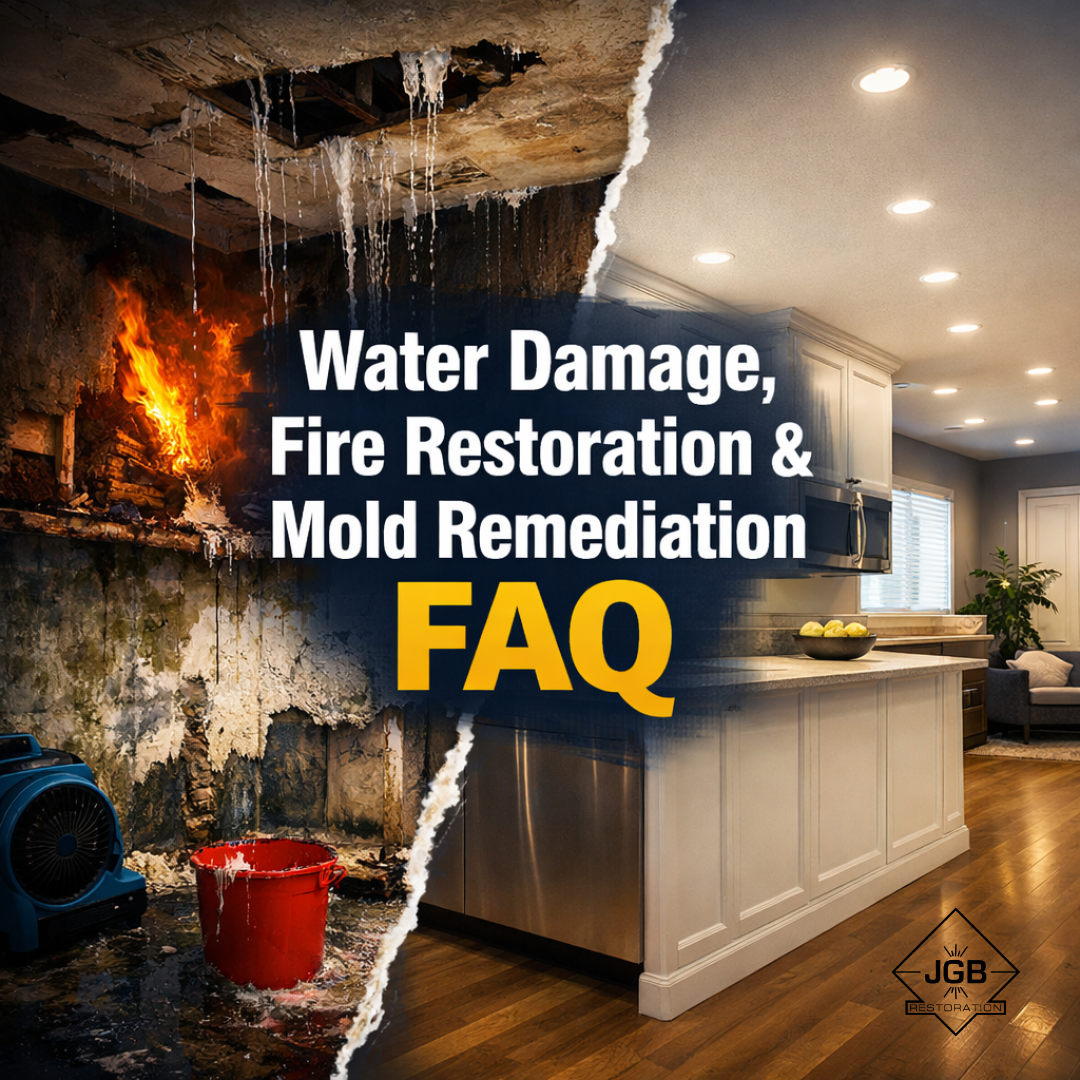Dishwashers are a modern convenience that many of us don’t imagine living without. They save time, water, and effort, making kitchen cleanup a breeze. However, when a dishwasher malfunctions, it quickly turns into a nightmare, especially if it leaks and causes water damage to your home. Not only do leaks lead to costly repairs, but they also result in mold growth and structural issues if not addressed promptly. Hopefully, we avoid this issue altogether by using these five ways to prevent a dishwasher leak.
Inspect and Maintain the Door Seal Regularly
The door seal, also known as the gasket, is a crucial component of your dishwasher that prevents water from leaking out during a wash cycle. Over time, the seal becomes worn or damaged, compromising its effectiveness. To prevent leaks, inspect the door seal regularly for signs of wear, tears, or debris. Clean the seal with a damp cloth to remove any buildup of food particles or detergent residue that could prevent it from forming a tight seal. If you notice any damage, replace the seal promptly to prevent leaks from occurring.
Check the Water Supply Line for Leaks
The water supply line delivers water to your dishwasher, and if it develops a leak, it causes water to drip onto your kitchen floor or cabinets. Inspect the water supply line for any signs of wear, such as cracks, corrosion, or loose fittings. Tighten any loose connections and replace any damaged parts immediately to prevent leaks. Consider installing a leak detection device or water shut-off valve near the dishwasher to automatically stop the flow of water in case of a leak, providing an extra layer of protection for your home.
Ensure Proper Installation and Leveling
Improper installation or leveling of your dishwasher leads to leaks because of inadequate drainage or a misaligned door. When installing a new dishwasher or relocating an existing one, follow the manufacturer's instructions carefully and ensure that the unit is level from side to side and front to back. This helps prevent water from pooling inside the dishwasher and leaking out onto your kitchen floor. If you're unsure about the installation process, consider hiring a professional plumber or appliance technician to do the job correctly.
Use the Right Detergent and Avoid Overfilling
Using the wrong type of detergent or overfilling the dishwasher causes excessive sudsing, which leads to leaks and other issues. Use only detergent specifically designed for dishwashers and follow the manufacturer's recommendations for the correct amount to use. Avoid using too much detergent, for this creates an excessive amount of suds that may overflow from the dishwasher and cause leaks. Additionally, be mindful of how you load the dishwasher to ensure that water circulates freely and that the spray arms are not obstructed, which could also lead to leaks.
Perform Regular Maintenance and Inspections
Prevention is key when it comes to avoiding dishwasher leaks. Schedule regular maintenance appointments with a qualified technician to inspect your dishwasher for any signs of wear, damage, or malfunction. During these appointments, the technician cleans the dishwasher, checks for leaks, and makes any necessary repairs or adjustments to ensure that the appliance is operating properly. Additionally, perform routine inspections yourself, paying attention to any unusual sounds, odors, or visible signs of water damage, and address any issues promptly to prevent leaks from occurring.
Preventing a dishwasher leak requires diligence and proactive maintenance. By following these five essential tips, you help safeguard your home from water damage and the costly repairs associated with dishwasher leaks. Remember to inspect and maintain the door seal, check the water supply line, ensure proper installation and leveling, use the right detergent, and perform regular maintenance and inspections to keep your dishwasher in top condition and avoid leaks. With proper care and attention, enjoy the convenience of your dishwasher without the worry of potential leaks wreaking havoc on your home.




